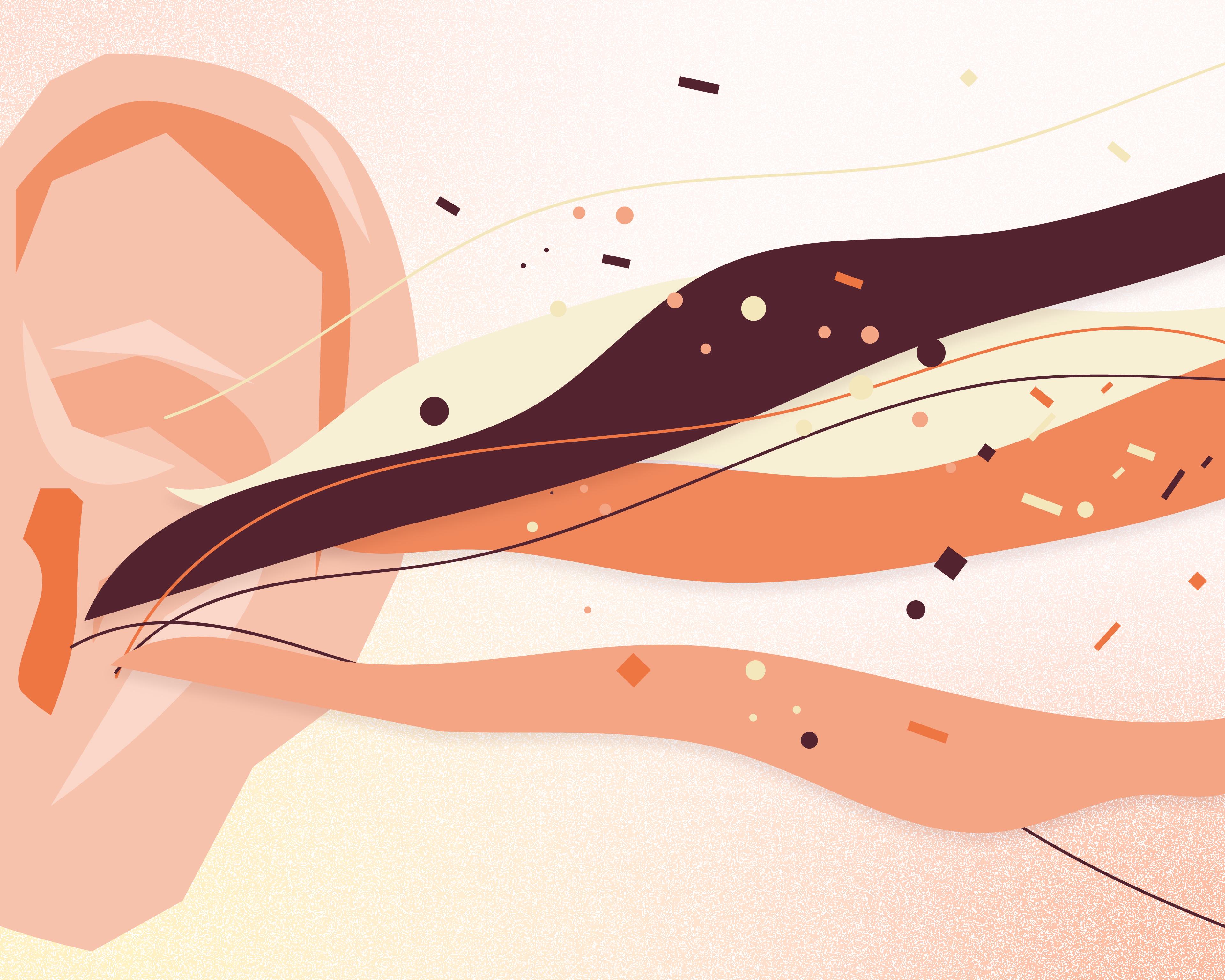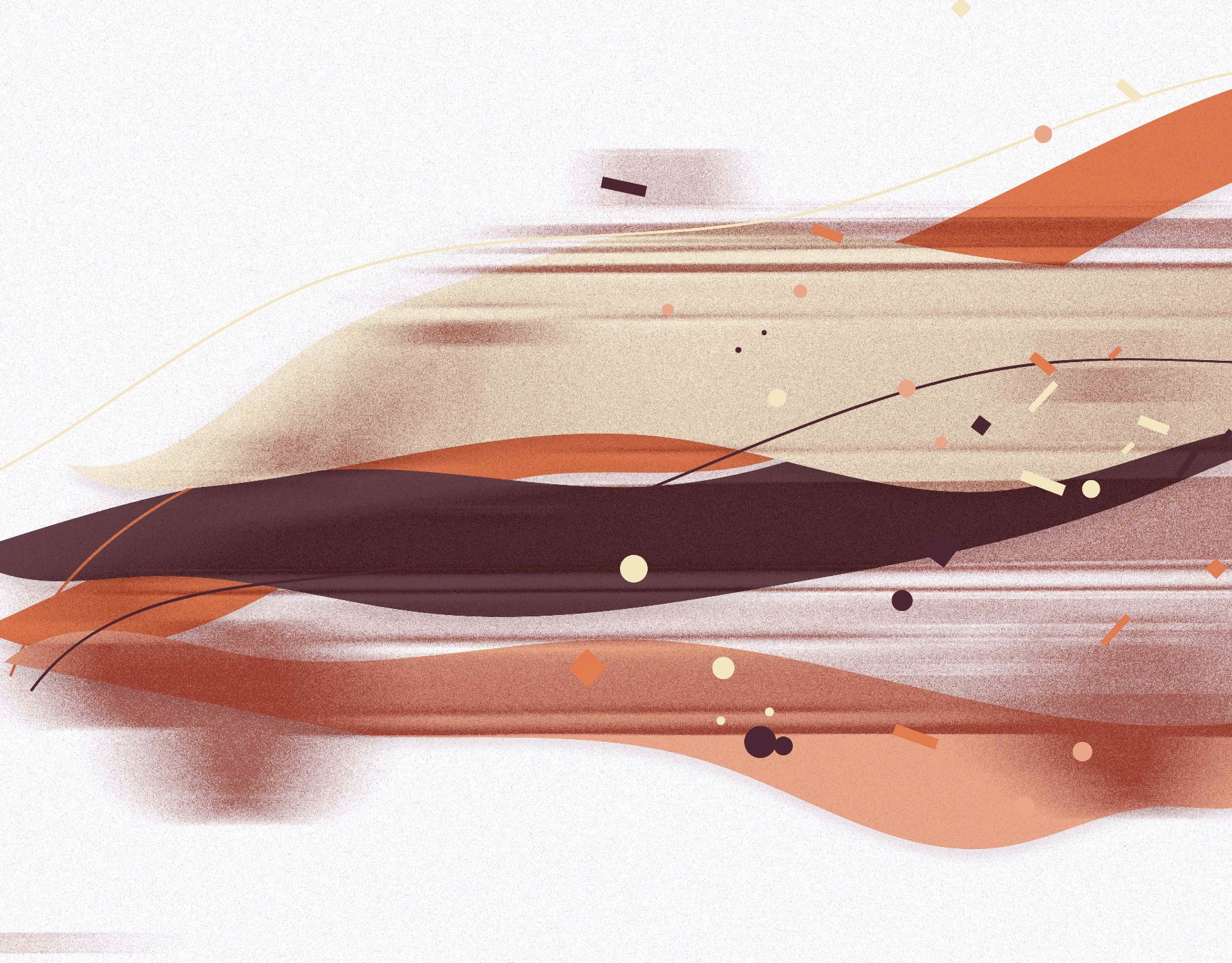
Trains-ambulances-churches
The first installment of Pandemic: A Collection, a new series from F's literary section.
By SR
At first, I tried to romanticize the difference between these sounds.
The train always stokes in me a nostalgia for the hot Arizona summer, in the grey room, where the sun plays exhibitionist through the blinds (I was never enticed). Hypnagogia: The sun peers over the dead garden, the piss engorged orange tree, the buried ashes of stupid dogs, the complex bodies of cats eviscerated in fits of hellish animalic mania. The two times, men with guns, cornered by the stupid dogs, against the defecated roses, got as caught as those cats.
A constant cacophony of one thing, or the other: the freight train, the cathedral’s bells, and ambulance siren. The train and the cathedral exist on their own circadian rhythms, pulsating back and forth through utility and remembrance. The ambulance too, is a slave to utility, but it is freed from the cycle of time-measurement and memory as it only ever implicates itself in crisis.
The cathedral’s bell fills me with the regret of my hatred of my Catholicism. I have never felt the love of god in my heart; I rejected the ritual; I rejected the blood but always took the body. I would pray at night that I hoped I wouldn’t die in my sleep. I would pray at night for the skeleton in my body to leave me be. The constant battle between an insincere rejection and my selfish desire for salvation. It disgusts me, even now. My sister’s toddlerdom immortalized by a sweet smile and admitting to those begging for heaven that “god just told me something,” mine is the multiple hospital visits for ingesting pills I thought were candies.
But the ambulance.


Hours before my mother’s seizure and subsequent death, I watched her stretch out her hand and gaze at it, observing the skin, observing the bones she had become. I asked her why and in the most blank way, she said she was just looking. I have been convinced that I have, if not a psychic tendency, at the very least, a painfully strong gut. The fear of my internal structure; the violent attacks against myself to prove the connection between interior and exterior to my brain; the time I spent holding her hand before being banished from saying good-bye seems to act as proof in my mind.
After this masturbation of my melancholy, I consider again, the ambulance.
This time, not as the fearsome grim reaper from my first life, but the functional object, whose day-well-done is the constant rotation of wheels and bodies.
A Catherine wheel thrown off track.
